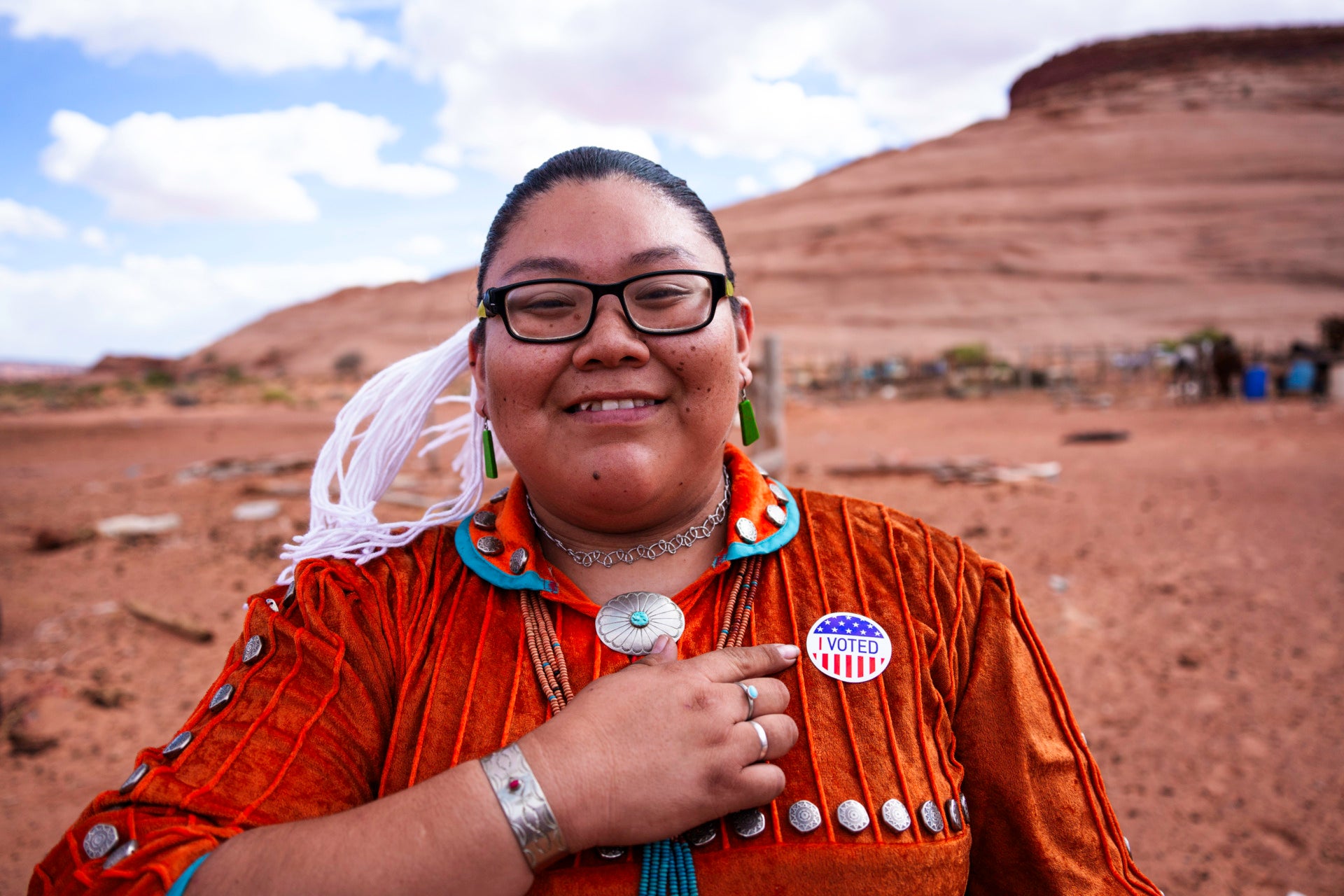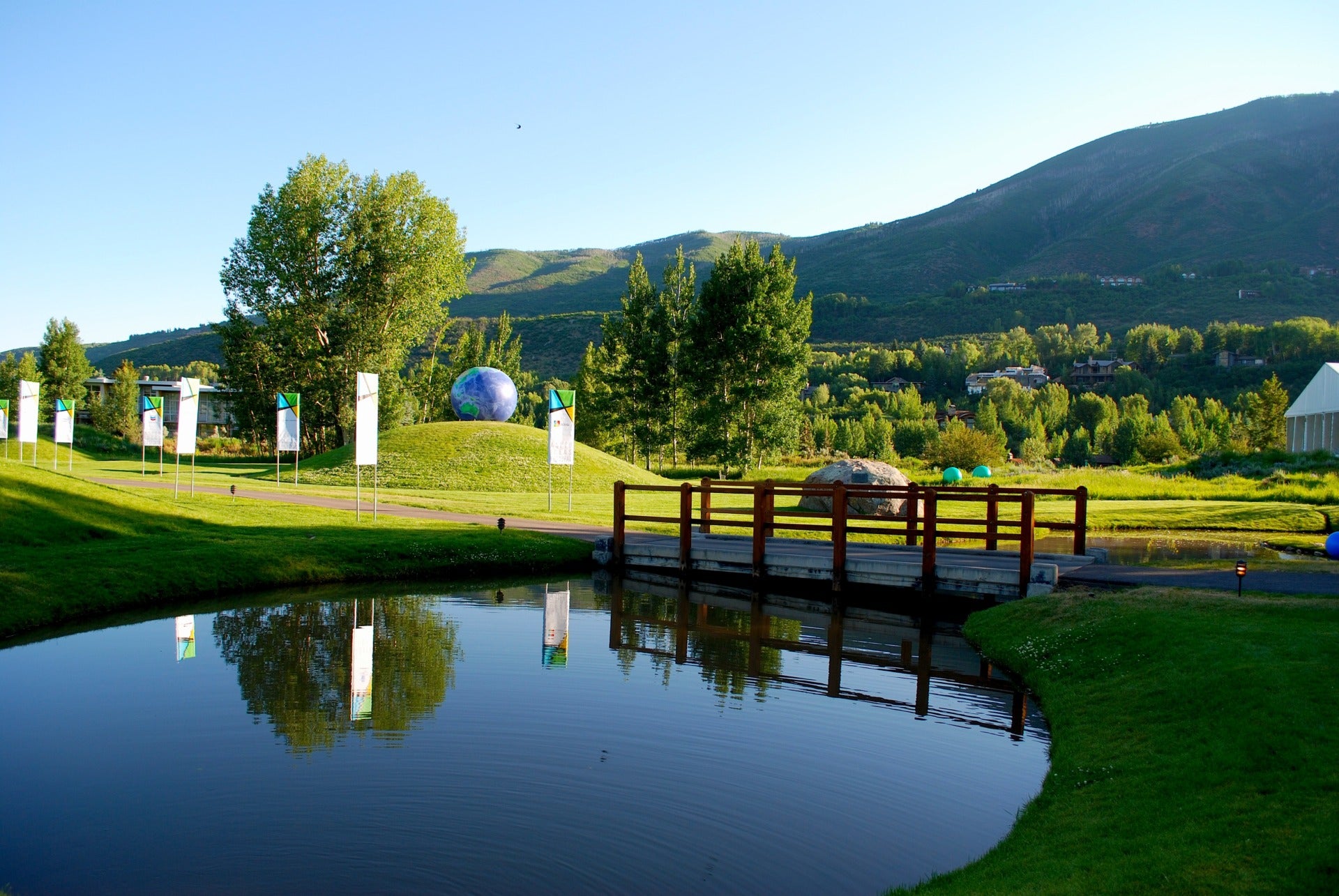Much of my passion for social justice was inspired by my international upbringing as a “foreign service brat.” My exposure to both the richness of other cultures in various parts of the world, along with the suffering of those in some of them, ignited a lifetime determination to promote a shared sense of humanity.
I attended college at Washington University in St. Louis, where I became consumed with the concept of an “Eight-Hour Dream”: If I went to bed amidst the current state of social injustice, and just a fraction of the community committed to serving in some small way, I would wake up after a full night’s sleep to witness tremendous social change. Social injustice never sleeps, so neither should working to combat it. After college, two years as a corps member with City Year DC (an AmeriCorps program), and three years working in homeless services organizations, I came up with an idea to turn that eight-hour dream into a reality. What if we could build on the concept of AmeriCorps by targeting young adults who are hungry to make a difference, who would fulfill a “service fellowship” by working part-time in their communities for one year while continuing their day jobs in their respective professions? That’s how Service Never Sleeps (SNS) was born.
I built my co-founding team with three other millennial AmeriCorps alumni: Shane Cooke, Samson Girma, and Jamie Stacy. We all knew we could have a profound impact on the world around us because we had developed our leadership and organizational skills through our own respective years of service. We had also experienced the frustration of working for nonprofit organizations that had solutions to pressing problems, but lacked capacity to fully execute them.
Facilitating skills-based volunteerism through service fellowships can enhance leadership skills of promising young professionals while filling a need for nonprofits unable to hire more staff to meet their objectives. SNS gives back in three ways — local nonprofits get more capacity and help in addressing serious issues, that millennial drive to make a difference is harnessed in a way that develops workers as socially conscious future leaders, and companies that participate are able to see benefits in their employees and communities. It was a bold new concept at the time, but challenging to get off the ground despite its potential.
The Aspen Institute took quite a chance on us by offering SNS a spot in their inaugural Urban Innovation Accelerator, and agreeing to “incubate” our fledgling organization. The Aspen Institute provided SNS with fiscal sponsorship for one year, allowing us to launch under their nonprofit status and organizational management. We didn’t take this lightly, as this incredible opportunity for us was a risk for them.
The opportunity to become part of the Aspen Institute team was invaluable. SNS launched its first fellowship year in March 2016, placing 10 young professionals with seven Washington, DC-area nonprofits. This launch was both a huge milestone and the opening of a window of opportunity. Our time at the Institute allowed us to develop our value proposition for our three stakeholders — corporations, millennials, and nonprofits. We had a solid model, but as we watched the program take form there appeared to be something missing, a piece that connected our program to the larger vision of a social justice movement.
The Aspen Institute was SNS’ blueprint for facilitation of large-scale change. The Institute’s expertise in convening the right people to discuss critical issues together, and then depart with new solutions, brilliantly demonstrated the power of connection. The Center for Urban Innovation showed us countless examples throughout the year of how this formula could be executed on a community level, in a manner that could have both local and national impact. Under the Institute’s wing, SNS was able to both develop and mature into recognizing that sense of connection as a key ingredient for any sort of social change.
We transitioned into our own independent nonprofit status last Fall, with a laser-focused understanding of our model and purpose: allyship. It’s the idea that we can work together and support each other toward the common purpose of ensuring equality, opportunity, and inclusion for everyone; the notion that empathy is key to understanding our shared humanity; and the idea that true allies must adopt the charge of promoting social justice as a way of life.
SNS enters 2017 with a new and improved three-pronged model to achieve our vision: host our signature yearlong fellowships that pair millennial professionals with local nonprofits to volunteer part-time, partner with companies to coordinate skills-based service opportunities for employees, and train community members to be effective allies for social justice through half-day workshops. Engaging with participants through SNS keeps me hopeful that most members of our society are proponents of ensuring human rights for all. These people want to be allies — they simply need to be shown how.
It has in many ways been a lifelong personal journey to this place of social entrepreneurship. Service Never Sleeps, though, is just beginning, thanks in large part to the Aspen Institute’s contributions. Aspen was our opportunity to get off the ground, and to turn an idea into something real. Aspen was our mentor, providing key guidance and encouragement during the challenging startup period. And Aspen was our inspiration, providing the symbolic compass to help us unlock SNS’ potential for social change. I go to bed every night thinking about the eight-hour dream. I believe that society has all of the right pieces to make that dream a reality, and with partners like the Aspen Institute, I am confident that we are on our way.
Whitney Parnell is the CEO and co-founder of Service Never Sleeps. She was part of the 2015-2016 cohort of Aspen Institute Urban Innovators, an initiative of the Center for Urban Innovation.

